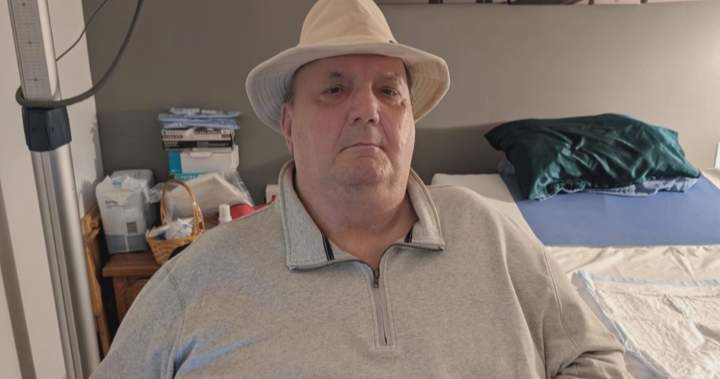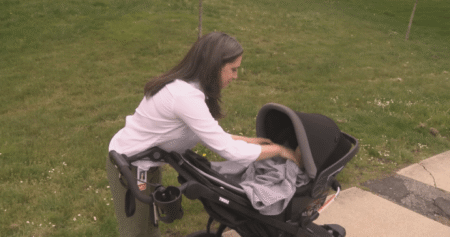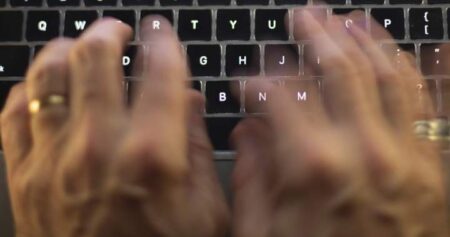A lawsuit could be the next step on a grieving Quebec woman’s long journey to find justice for her partner, whose hospital stay last year ultimately led to his death.
Normand Meunier, a 66 year-old quadriplegic patient, sought medical aid in dying (MAID) in 2024 after spending days on a stretcher in the St. Jerome hospital’s emergency room. His severe pressure sores worsened in hospital.
At a news conference Wednesday, Patrick Martin-Ménard, the lawyer for Meunier’s wife, Sylvie Brosseau, announced that he plans to file a lawsuit on behalf of Meunier’s family for damages.
He is also considering filing a class action lawsuit on behalf of other patients, who developed bed sores at a hospital in Quebec as a result of not having access to proper material.
“Or due to negligence of the medical or nursing personnel in applying the standard of care to treat and prevent pressure wounds,” he explained.

Get weekly health news
Receive the latest medical news and health information delivered to you every Sunday.
He noted that what happened to Meunier is a common problem across the province, and that “dozens of people have contacted us and, I think it’s really the tip of the iceberg.”
“Pressure wounds have been for a long time, truly a blind spot in many environments of care where it seems like the risks are not properly understood.”
A coroner’s report this week in Meunier’s case points to several shortcomings, including incomplete risk assessment, irregular mobilization, lack of training and failure to adapt health care for spinal cord injuries.
Brosseau is relieved about the report but holds the hospital responsible.
“Nobody listened to us and we were totally ignored (by hospital staff)” she complained.
She welcomes the report’s 31 recommendations and believes the entire health system needs an overhaul.
“You have the entire system which is inadequate to handle such cases,” she stressed.
Ariane Gauthier Tremblay with Moelle épinière et motricité Québec agrees that urgent change is needed.
“Preventing pressure sores doesn’t need high level of knowledge,” she argued. “It’s a basic nursing practice.”
Meunier’s family and legal team want the coroner’s recommendations implemented fast in the hopes no one else has to face the same fate.
“A lot of people are in that situation,” Martin-Ménard observed, “and a lot of people are suffering greatly because of this.”
Read the full article here

















